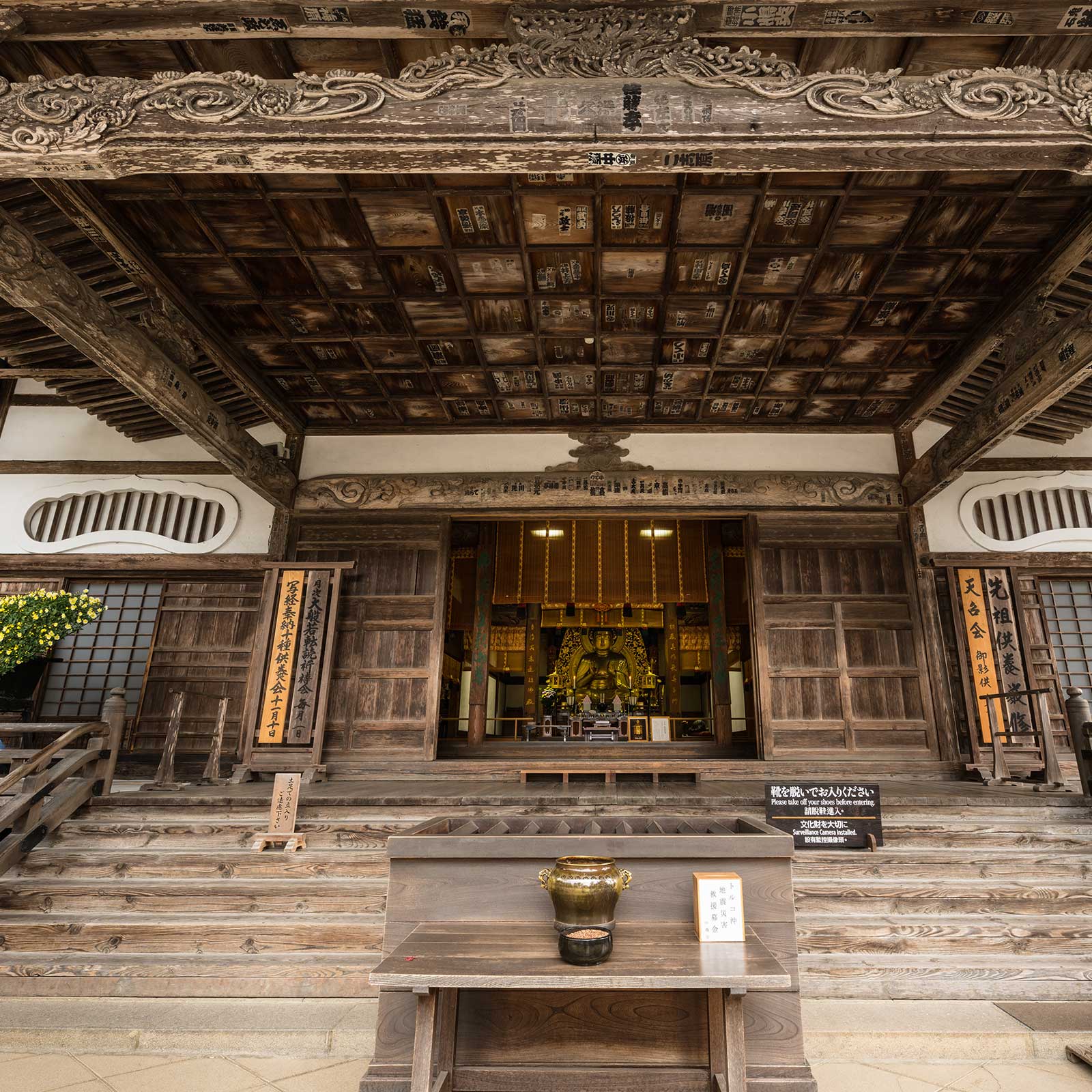Introduction
Unspoken beauty, tradition, and a unique sense of calmness lie waiting in the northeastern part of Japan, in the province famously known as Iwate. Blessed with the richness in natural landscapes, Iwate is the home to age-old traditions and cultural practices, offering travelers an off-beat path into the heart of Japan.
Geographical Overview
Tucked away in the Tohoku region of Japan, Iwate is the second-largest prefecture known for its mountainous terrain and stunning coastlines. The spectacular coastline stretches alongside deep, blue Pacific Ocean while the massive, awe-striking Kitakami Mountains form a perfect backdrop to the landscape. Iwate boasts a humid subtropical climate, with pleasant summer months from June to September, and cold, snow-covered winters making it an ideal destination for year-round exploration.
Historical and Cultural Background
Iwate offers a rich and fascinating history. Traces of ancient lives are found in the regions Jomon archaeological sites while notable structures from the Heian Period add to the cultural depth. Iwate’s Chusonji Temple, a UNESCO World Heritage site, houses national treasures and artifacts, is a magnificent representative of the Buddhist Pure Land thought.
Major Attractions
From Iwate’s Tenshochi Park, known for its gorgeous cherry blossom view to the Ryusendo Limestone Cave, one of Japan’s three biggest limestone caves, the prefecture is teeming with natural attractions. The splendid Chusonji and Motsuji temples offer glimpses into Japan’s cultural stature. Iwate’s Morioka castle ruins, a famous hanami spot, and the Appi Kogen Ski Resort offer adventurous and serene experiences alike.
Local Cuisine
A gastronomic tour of Iwate is a unique journey in itself. The signature dish, Wanko Soba, served in small bowls symbolizes Iwate’s hospitality. A taste of Morioka Reimen (cold noodles) and the locally brewed sake can be a delight for any food lover.
Activities and Experiences
Visitors to Iwate have the opportunity to partake in a variety of outdoor activities, cultural workshops, and enjoyment of local festivals. Horseback riding in Hachimantai, surfing in Miyako, and hiking in Mt. Iwate are a few of the adventurous pursuits the province offers.
Accommodation Options
Choose from ryokans (traditional inns) to experience classic Japanese aesthetics or modern hotels for your home away from home. Alternatively, you may choose to stay in a farmhouse for an authentic rural experience.
Shopping and Souvenirs
Iwate offers exquisite nanbu ironwork products, a local specialty. Hand-crafted ‘Kokeshi’ dolls are a favorite among tourists. Morioka’s main shopping district provides a mix of modern department stores and traditional shopping options.
Practical Information
Whether you prefer airplanes, trains, or buses, Iwate offers excellent transportation connections. No visa is required for tourists visiting less than 90 days, but a valid passport is essential. The local currency is the Japanese Yen.
Sustainable and Responsible Travel Tips
Remaining respectful of local customs, supporting local businesses and vendors, and minimizing trash while enjoying the natural landscape are some key points for responsible tourism.
Local Insider Tips
The locally celebrated Sansa Odori festival is a must-witness event. During winter, the Appi Kogen Ski resort offers spectacular skiing experiences.
Conclusion
Plunge yourself into the serenity of Iwate and explore the natural wonders it offers. Be it the flavorful journey of tasting local cuisine, experiencing traditional customs or partaking in thrilling activities, Iwate invites you to discover a quieter, more contemplative side of the endlessly fascinating tapestry that is Japan.

